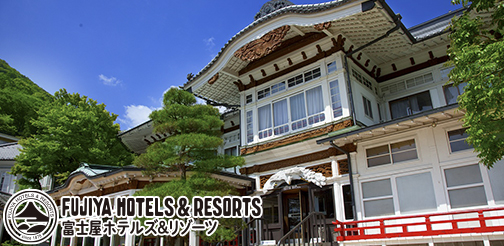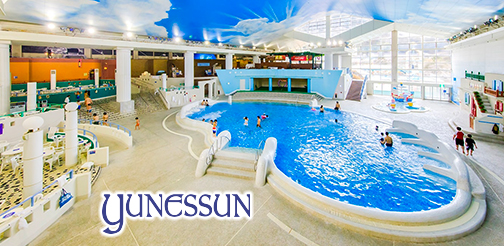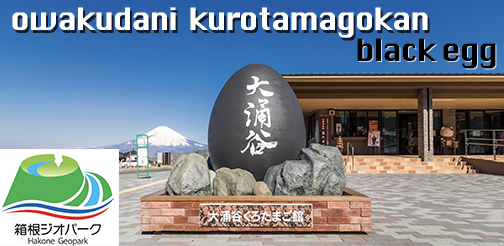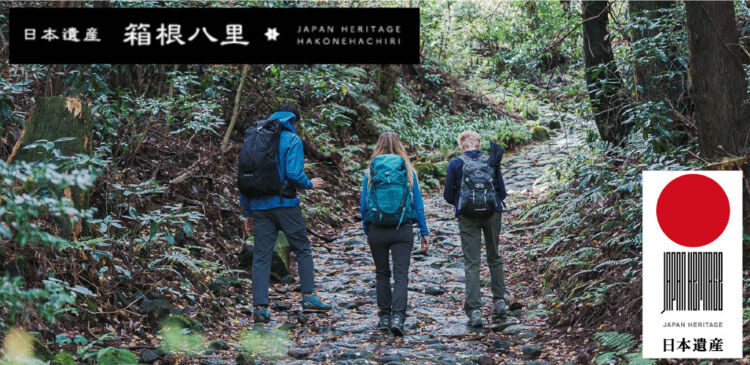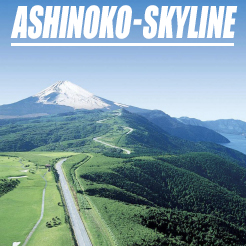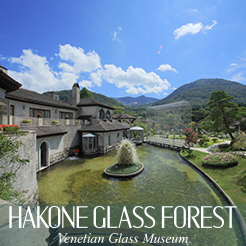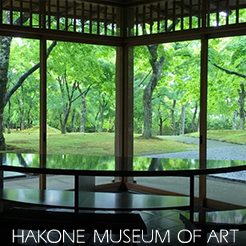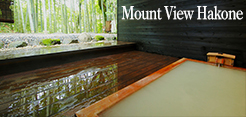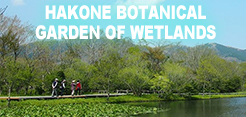
Hakone Botanical Garden of Wetlands in Sengokuhara is an uncommon outdoor facility dedicated to wetland plants. The land it now occupies used to host rice paddies, irrigated with water from the nearby Haya River. However, due to the constantly wet climate, these were never particularly productive. The local authorities decided the area could be put to better use, and established a botanical garden in 1976 to both protect the distinctive plant life in Sengokuhara and attract visitors to this relatively remote corner of Hakone. More than 1,000 species of indigenous plants now grow on the premises. The garden also includes a susuki (silvergrass; Miscanthus sinensis) grass field, which recreates the Sengokuhara marsh in its natural state. A former lake bed, the grassland requires regular maintenance to keep trees and other invasive plants from taking over and suppressing the growth of the grass. While preservation activities outside the botanical garden ceased for several decades, they were restarted in 2000. The grass has been cut and the vegetation burned off every year since, ensuring the health of the entire marsh. Its biodiversity is improving steadily, as evidenced by the return of native plants such as the Japanese water iris, the nadeshiko dianthus, and the Platanthera hologlottis orchid grass.
This English-language text was created by the Japan Tourism Agency.


